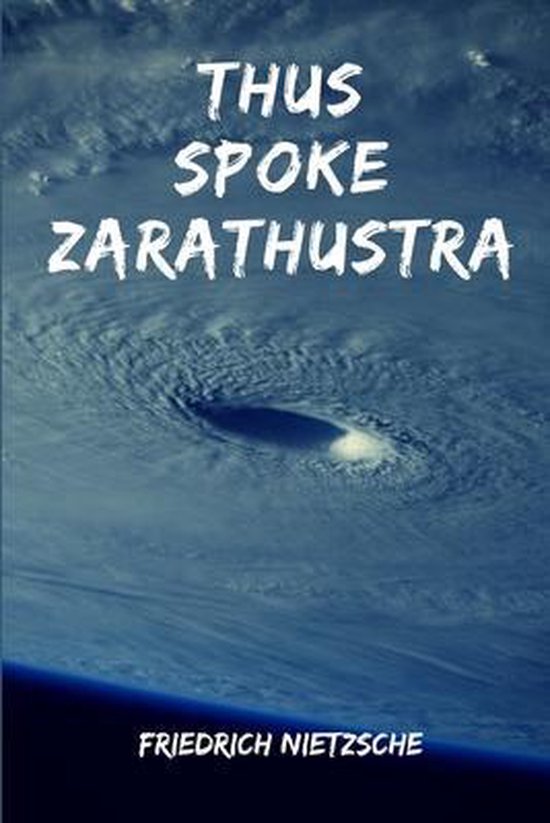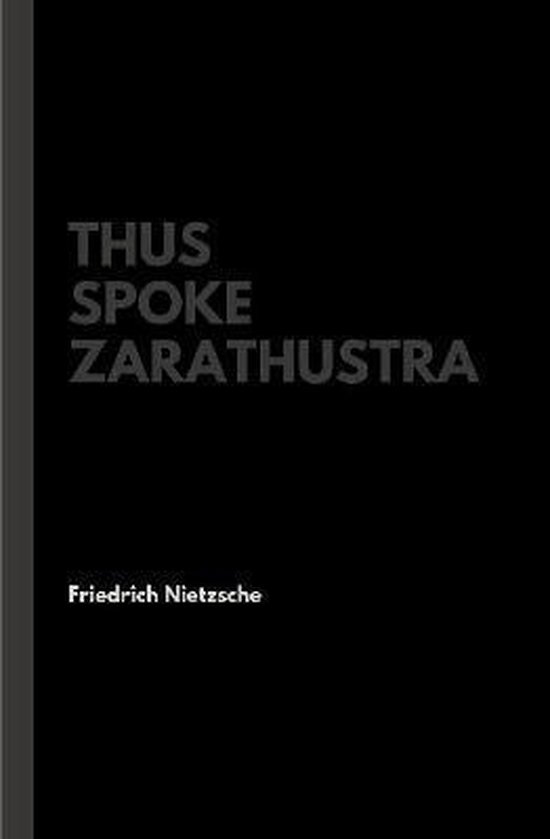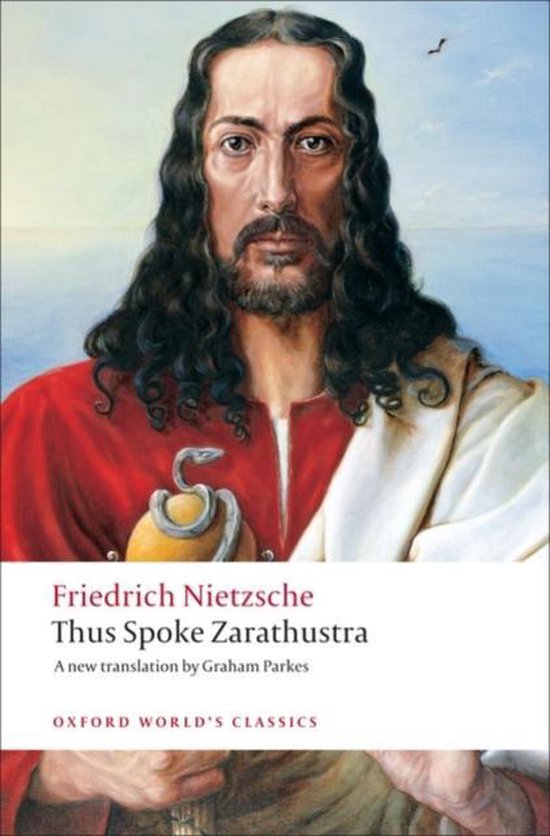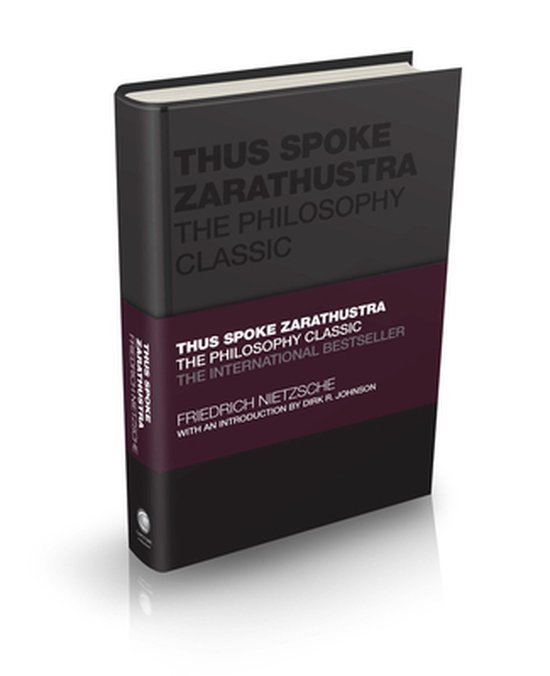
Thus Spoke Zarathustra
Friedrich Nietzsche's "Thus Spoke Zarathustra", written in the years 1883 to 1885, is a pretty unusual book in the history of Western philosophy. It is not really a novel, it is not really poetry, nor is it a traditional philosophical treatise. "Thus Spoke Zarathustra" is a philosophical parable that follows the wanderings of a character called Zarathustra, a Nietzschean prophet.
The piece is filled with irony and no more so than in the naming of its hero, Zarathustra. The historical Zarathustra is believed to be the founder of the ancient monotheistic tradition Zoroastrianism, which articulates a Manichean, 'good vs. evil' view of the world. Traditional Zoroastrianism sees good and evil as fundamental aspects of reality, beyond interpretation or human discourse. Nietzsche's perspective, and that of his protagonist Zarathustra, is the opposite of Zoroastrianism; this is meant as a kind of ironic joke.
Nietzsche's underlying argument is that all human values are created by humans, rather than gods, or nature, or some underlying fundamental reality.
| Auteur | | Friedrich Wilhelm Nietzsche |
| Taal | | Engels |
| Type | | E-book |
| Categorie | | Taal |





